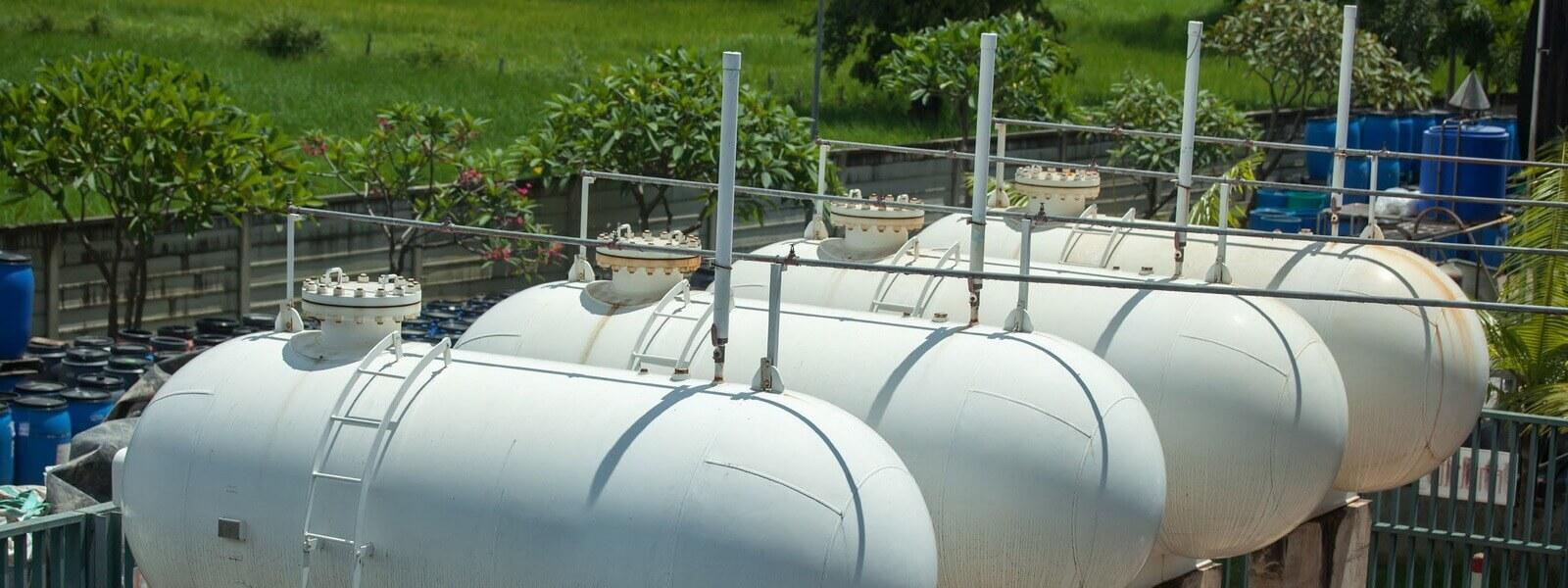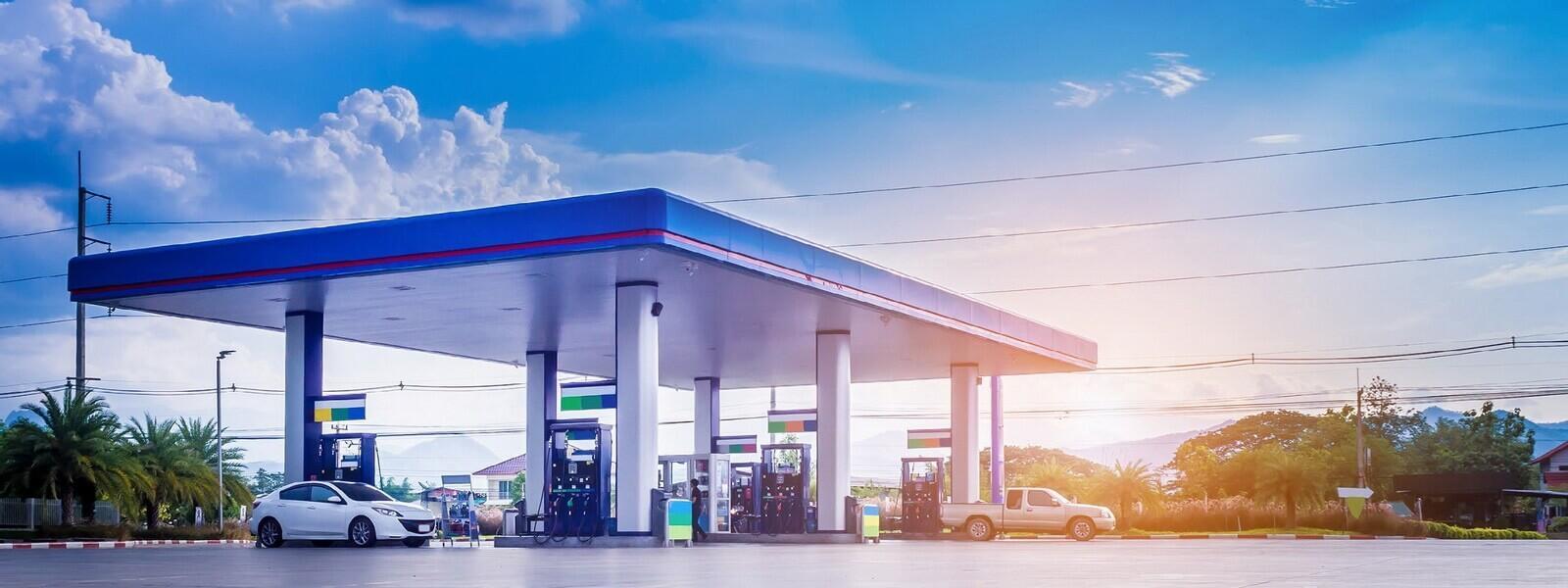
Joint position on existing alternative fuels within the Sustainable and Smart Mobility Strategy
Please download this document here.
Transport represents almost a quarter of Europe’s Greenhouse Gas (GHG) emissions with road transport accounting for more than 70% of this share, and has a strong impact on air pollution in urban areas. Driven by a growing demand in mobility and freight, and despite improvements in the efficiency of engines, the sector has not seen a similar decline in emissions when compared to other sectors.
Its decarbonisation is hindered by a strong dependency on conventional petroleum-based fuels. Alternative and renewable gaseous and liquid fuels with lower GHG intensity represent a unique opportunity to reduce the GHG footprint of both new and existing vehicles.
Overall emission reductions from road transport cannot be achieved simply by improving the performance of new vehicles. The vast majority of the 313 million vehicles already on EU roads run on petrol and diesel. According to ACEA statistics, 97% of new car sales in 2019 were vehicles with Internal Combustion Engines (ICE), which will stay on the road for 11+ years. Rapid decarbonisation and air quality improvements require new and parallel measures be taken to enable the reduction of emissions from older vehicles, such as LPG retrofit programmes or higher blends. During a time of economic recession where new car sales are forecasted to drop by 25%, measures other than new vehicle purchase programmes should be deployed to ensure a just social transition towards the overall goal of carbon neutrality and clean air.
To match the increased ambitions of the European Green Deal, including the 2030 Climate Target Plan, solutions to reduce GHG emissions from road transport, and decrease its reliance on imported conventional petroleum-based fuels must be urgently implemented. The EU should not dismiss solutions with a proven track record of availability, efficiency, and cost-effectiveness, and should work on a stable and technology-neutral framework.
All available tools should be supported to enable lower emissions from road transport
The decarbonisation of the existing fleet is as much part of the solution as the introduction of zero and low-emission powertrains. ICE vehicles make up about 99% of the EU vehicle stock and will remain predominant in the coming decades; the Impact Assessment of the Climate Target Plan projected that they would still account for about 80% of the 2030 passenger cars fleet. To reach climate targets, low-carbon alternative and renewable gaseous and liquid fuels will be essential.
Further, different mechanisms and options for decarbonisation will need to be deployed in parallel to ensure that everyone from all social and economic backgrounds can contribute to environmental goals. One pragmatic solution is to incentivise a retrofitting programme for proven fuels, such as LPG, and engines suitable for higher blends of sustainable biofuels. The transport sector calls for better fuels, yet the current policy framework fails to appropriately reward alternative solutions.
- CO2 standards for passenger cars, light and heavy-duty vehicles provide a strong signal for the uptake of low and zero-emission vehicles, but the approach is skewed. Current performance standards focus only on the combustion performance of fuel and rely solely on the tailpipe emissions, thus creating unfair competition between powertrain technologies. Assessing the GHG intensity of fuels on a Well-to-Wheel (WTW) basis would incentivise the vehicles that can accept carbon-saving alternatives and higher renewable fuel blends while ensuring a level-playing field across all technologies.
- Fair taxation could increase the competitiveness of low-carbon alternative and renewable fuels. A taxation scheme prioritising the environmental performance over the outdated volume-based approach would drive down prices and offer consumers both greener and cheaper alternatives. All energy products used as propellant should be rewarded based on a WTW assessment of their environmental footprint, including electricity. Further, sustainable biofuels and renewable gases, such as bioLPG which is capable of 80% CO2 emission reductions compared to conventional LPG, should be exempt from minimum rates.
Remove all barriers in existing legislation
Existing policies should be revised to meet the increased ambitions of the European Green Deal. Consistency between the Fuel Quality Directive and the Renewable Energy Directive is of utmost importance: these two Directives should have harmonised targets and consider the same obligated parties.
- The Fuel Quality Directive should further foster the uptake of low-carbon fuels.
- The FQD is a suitable tool to decarbonise fuels as it is based on a WTW technology neutral approach, and it could deliver more post-2020 provided that incentives are in place and that barriers are removed.
- In particular, the FQD prevents the roll-out of higher biofuel blends such as B10 or E10+, even though they significantly contribute to the objective of reducing the GHG intensity of fuels included in Article 7.a. Renewable and alternative fuels contribute to this objective as for example, European fuel ethanol emits on average 72% less GHG emissions than conventional petrol, and biodiesel can result in significant reduction in the range of 50% to 90% compared to conventional diesel.
- Limits placed on oxygenates levels in petrol fuel should be revised to enable the introduction of more engine efficient high-octane grades.
- The RED II should offer the right level of support needed by all renewable fuels.
- According to the Impact Assessment of the 2030 Climate Target Plan, advanced biofuels will become the second most important source of renewables in transport by 2030. Yet these projections and the investment environment do not match the level of ambitions of RED II. Ensuring investor confidence is the key to a safe and speedy deployment of advanced technologies. The existing targets and subtargets should be maintained and only revised upwards.
- The current cap on crop-based biofuels should be reassessed and revised upwards now that ILUC concerns have been fully addressed in the Delegated Act on high ILUC-risk biofuels. Ensuring an adequate level of support to sustainable crop-based biofuels producers is key to enable a proper development of Annex IX-A biofuels and other waste-based biofuels.
- A new comprehensive terminology of all renewable gaseous and liquid fuels is needed to ensure consistency and create a level playing field, by e.g. setting default GHG emission savings for bioLPG production pathways in RED annexes.
- Financial support for innovative pathways should match increased RED ambitions.
All alternative fuels must play a role in the energy transition
The European Commission should maintain the current definition of alternative fuels in the upcoming review of the Alternative Fuels Infrastructure Directive (AFID). While not all alternative fuels as defined by AFID are within the scope of infrastructure deployment, these fuels remain cleaner alternatives to conventional petroleum-based fuels, and should maintain this position to ensure the right market signal of continued support and private investments. Especially given that some of these fuels will be instrumental in addressing emissions from the existing fleet.
- Alternative fuels infrastructures need to be deployed at a faster pace and include all options. The number of charging points and re-fuelling stations will need to be significantly ramped up, while recognising the benefits of repurposing the existing infrastructure to deliver low and carbon neutral fuels. The deployment of infrastructures which require minimum investment such as the high biofuel blends (E85, ED95, B30, B100) and LPG should be enabled. The role of alternative and renewable fuels should also be acknowledged in all segments of transport without pre-empting the allocation of certain energies to specific segments.
- The right incentives should support the uptake of alternatively-fuelled vehicles by fostering demand. Low and zero-emissions technologies need to be affordable, convenient, and commercially viable for consumers and transport operators to adopt them. Alternative and renewable fuels offer the abovementioned criteria, and should be fully supported to immediately reduce emissions from road transport.
The co-signatories are committed to work with EU policymakers to ensure that all existing alternative fuels contribute to the decarbonisation of EU road transport. The above principles will deliver an ambitious EU Sustainable and Smart Mobility Strategy.
About UPEI
UPEI represents nearly 2,000 European importers and wholesale/retail distributors of energy for the transport and heating sectors, supplying Europe’s customers, independently of the major energy producers. They are the interface between producers and consumers, using their own infrastructure and flexibility to supply existing demand for conventional and renewable liquid fuels, as well as non-liquid alternatives as part of the energy transition. They cover more than a third of Europe’s current demand.
About Liquid Gas Europe
Liquid Gas Europe, the European LPG Association, is composed of national LPG associations; the main European LPG suppliers; LPG distributors and equipment manufacturers. With the support of its working groups of industry experts, Liquid Gas Europe is actively involved in concrete initiatives and programs to ensure the sustainable, safe and efficient development of LPG and bioLPG in Europe.
About ePURE
The European renewable ethanol association (ePURE) represents the interests of European renewable ethanol producers to the European institutions, industry stakeholders, the media, academia, and the general public. The organisation, established in 2010, promotes the beneficial uses of ethanol throughout Europe. Based in Brussels, ePURE speaks for 36 member companies and associations (including 19 producers), with around 50 production plants in 16 member states, accounting for about 85% of the renewable ethanol production in Europe.
About EBB
The European Biodiesel Board (EBB) is a non-profit organisation established in January 1997. Today, EBB gathers close to 60 members across 21 Member-States, which represents 75% of the European output. Biodiesel is the main European solution to reduce emissions from transport and dependence on imported oil. EBB aims to promote the use of biodiesel in the European Union and is committed to fulfil International standards for sustainability in GHG emissions and sustainable feedstock. EBB is constantly working towards the development of improved and greener technologies.










